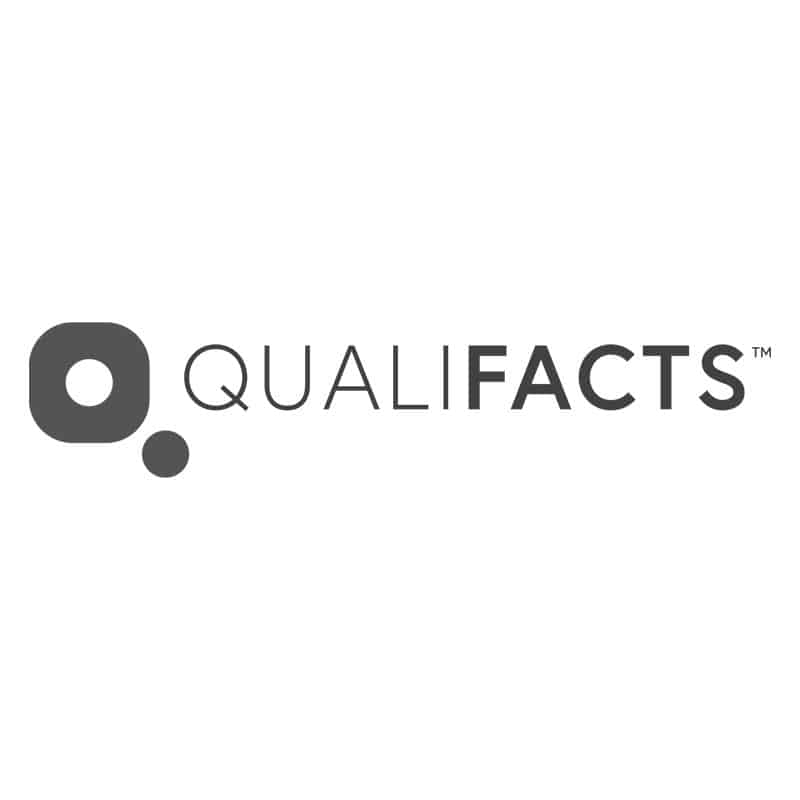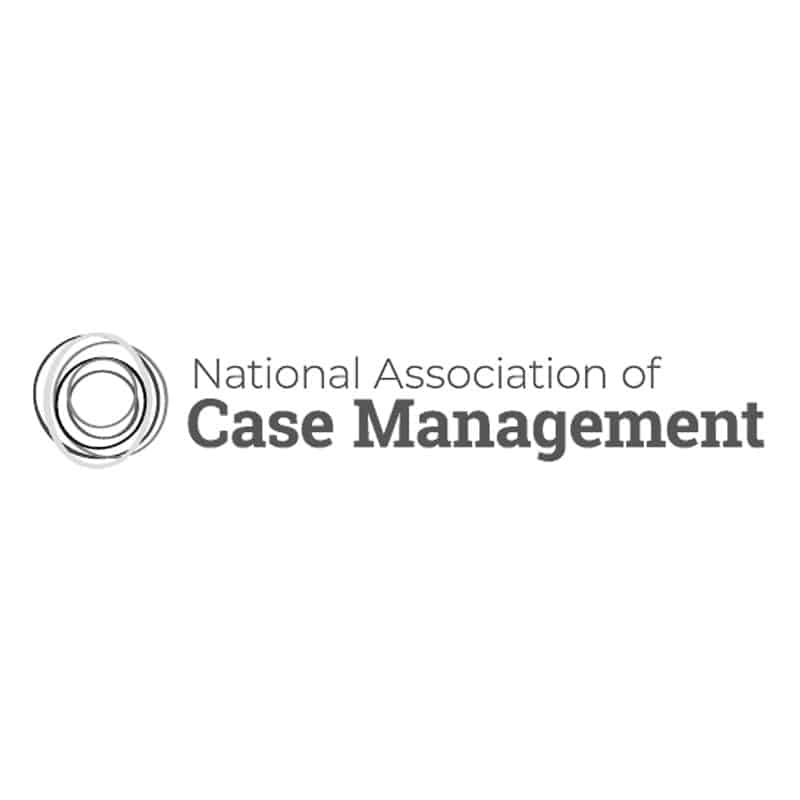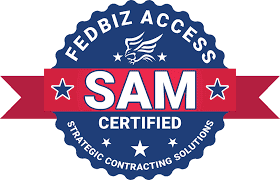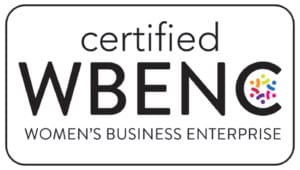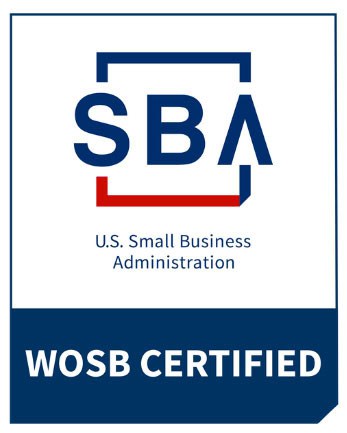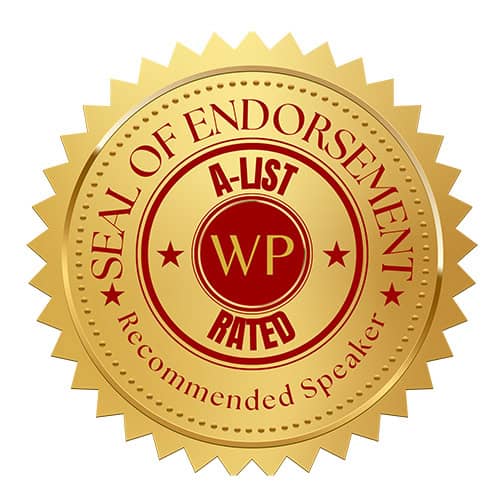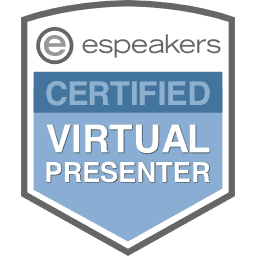Tony Robbins says he is sorry for insulting the MeToo movement. The self-help guru apologized after implying that some women use this movement to play the victim. Robbins came under fire for something he said to a woman at an event in March in California. He told the woman that sexual harassment victims were “making themselves significant by making someone else wrong.” Robbins now says he needs to “be part of the solution.”
Robbins’ comments are now part of what a lot of people are talking about today, reigniting the whole victim-shaming issue that the MeToo movement has been trying to prevent. Joining us now is Joyce Marter, a licensed psychotherapist with Urban Balance, to discuss this. Thanks for coming in today, Joyce.
Thank you so much for having me.
So, everybody is talking about what he said. How important is it for victims of sexual assault and harassment to be able to have a voice without worrying about things like that?
It’s absolutely critical for victims to have a voice, and victims are never to blame. The MeToo movement is really exciting. It’s a watershed moment in our culture where people are coming forward and talking about this very important and long-standing issue.
And I think it’s important to say too that when you hear things like that, it makes women who might want to say something hesitate. They step back.
Absolutely. There’s a lot of shame, secrecy, and stigma involved with sexual assault and sexual abuse. When people hear comments like that, they think, “Gosh, someone’s not going to believe me if I come forward.” Reporting is so important.
April is Sexual Assault Awareness Month, right?
Yes, and this is the 17th anniversary of this observance.
That’s great. There’s a list of things that go with that. The first thing is to know that words matter, which is kind of what we’ve been talking about, right?
Absolutely. What we say about sexual violence conveys our belief system. If we say we don’t believe someone in the media and that they’re making a big deal to get attention, someone we know who might be a victim of sexual assault hears that, and it becomes part of the cycle of shame and silence. Sadly, one out of five women and one out of 67 men is a victim of rape in the United States during their lifetime. At Urban Balance, through our counseling and community work, we see how many people are impacted not only by rape but by childhood sexual abuse, non-consensual sexual acts, and sexual harassment. It’s much more common than most people believe.
Okay, let’s try to go through this list quickly. The next point on “Embrace Your Voice” is to stop victim blaming.
It’s so important. If you hear comments like, “Well, her skirt was really short,” it doesn’t matter what the person was wearing. Sexual assault is never okay, and the victim is never to blame.
I think that’s a really important one because a lot of people say the onus is on women to make sure they’re not doing anything to encourage it.
No, the onus is on all of us to be aware of this important issue and to change our language and the way we talk about it. It’s very important.
The next point is to comment if you see stereotyping or inaccurate portrayals in the media. Can you give me an example of what you mean?
Recently, I watched a comedy where they showed a man unconscious, and a group of women were fondling him. I thought, “Oh my God, that’s not okay; that’s sexual assault.” Unfortunately, in movies and TV, sexual violence is sometimes sexualized or romanticized, which is never okay. We need to speak out about that.
The next point is to say something if you hear inappropriate comments or jokes. This is tough because if you hear something in your office that doesn’t involve you, should you speak up?
We have to speak up; otherwise, we’re part of the cycle of shame and violence. If someone says, “You’re so ugly, you need a roofie to get lucky,” you have to say something like, “You know what? Jokes about rape are never funny.”
Where can people go to get more information?
At our website, urbanbalance.com, you can visit our blog. We have information and articles from the National Resource Center for Sexual Assault and other sources. There’s also the hashtag #SAAM. If you share articles on social media, you can be part of education and prevention.
This is good. Let’s talk about it, get everybody talking.
Yes, exactly.
Joyce, it’s always good to have you. You always have good advice for us. We appreciate it.
Thank you, Sophia.








